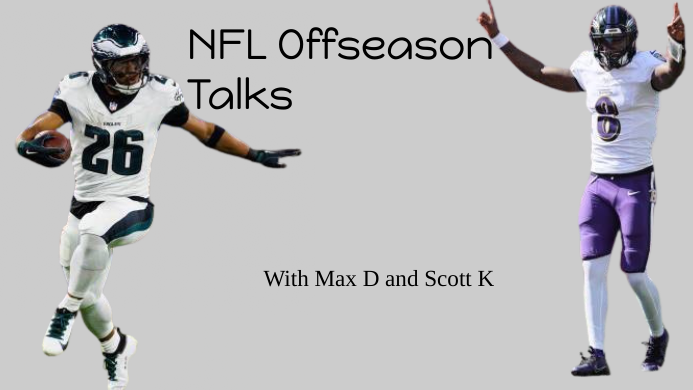Starbucks’ red cup: So much over so little
Starbucks coffee in new holiday cup.
December 1, 2015
Starbucks released its holiday cup on November 1st. Since 1997, the company has had cute holiday designs such as ornaments, snowmen, and ice skating on the disposable cups. This year, Starbucks has revealed its simple red cup with nothing other than the famous Starbucks mermaid logo on the front.
Because of the new plain, red cup, some who would like to promote Starbucks embracing the Christmas holiday, now share “Starbucks “hates Jesus.”
This small group has even started a hashtag (#MerryChristmasStarbucks) on Twitter. They ask that when people order coffee, they use “Merry Christmas” as their names to force the employees to add Christmas into the design of the cup and then post a picture of the cup.
Why all this outrage over a disposable cup?
Fortunately most see the red cup as a non-argument. However, society has gotten overly sensitive and delicate. This issue could be labeled with a new term, “microaggression.”
“Microaggression” is defined as “an everyday verbal, nonverbal, and environmental slights, snubs, or insults.” It is a small remark that has the potential to offend someone, whether it be intentional or not. These can be taken lightly and brushed off, or be taken as a huge offense.
What was once viewed as “micro” is now taken as a colossal gesture.
Through Starbucks’ red cup, The Dandy Goat, a satirical website mocked the issue by concluding that Starbucks “worships Satan.” This set off a misinformation.
A cup should not be the beacon of Christmas spirit, and the argument about the red cup is completely unnecessary.
This incident has only been one of many minor “outrages” forming from hypersensitivity, proving how divided we are.
Everyone is treating different actions and remarks as if they are being targeted and victimized, creating a victim culture.
Another example of victimization is the OCD sweater at Target. Target used OCD to stand for Obsessive Christmas Disorder, illustrating how people will be put into the Christmas mindset months before December. Target’s intention was to show this in a cute and humorous way, however some people who have Obsessive Compulsive Disorder went to the extreme and accused Target of being insensitive. They have even started a boycott to get the sweater off Target’s shelves.
Microaggressions are inevitable. They are mostly said because of poor word choice and are unintentional. Instead of lashing out every time this happens, we can try to understand it’s not always to target groups.
Because of the polarized society we live in, we have all been on both sides of microaggression. Don’t be a hypocrite and be too hard on someone when they accidentally make a remark that offends. Take the higher road and ignore it.






